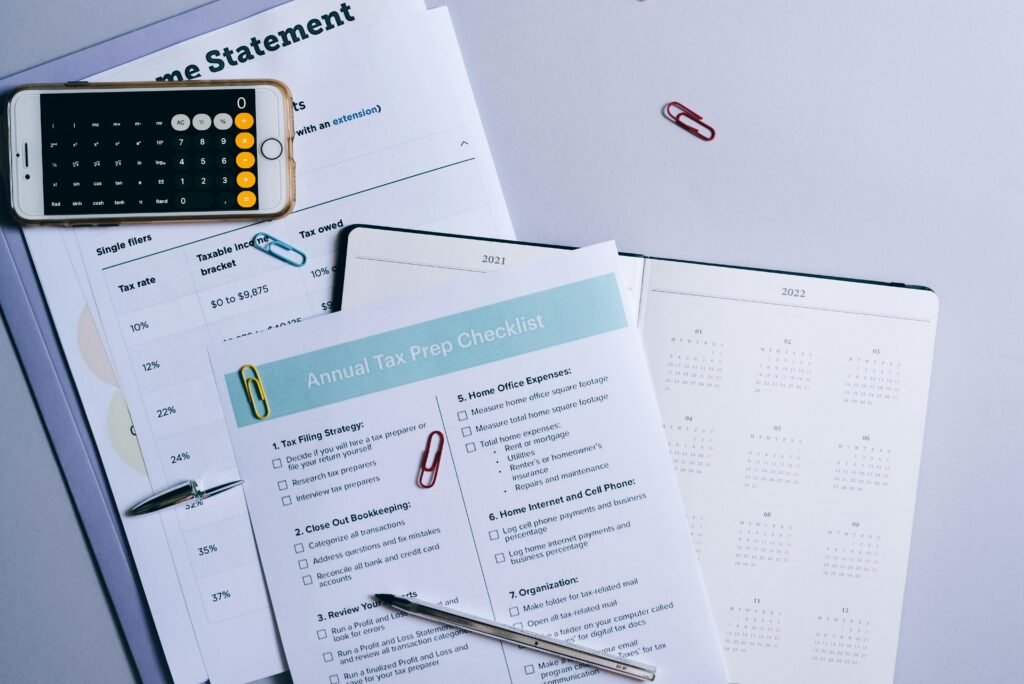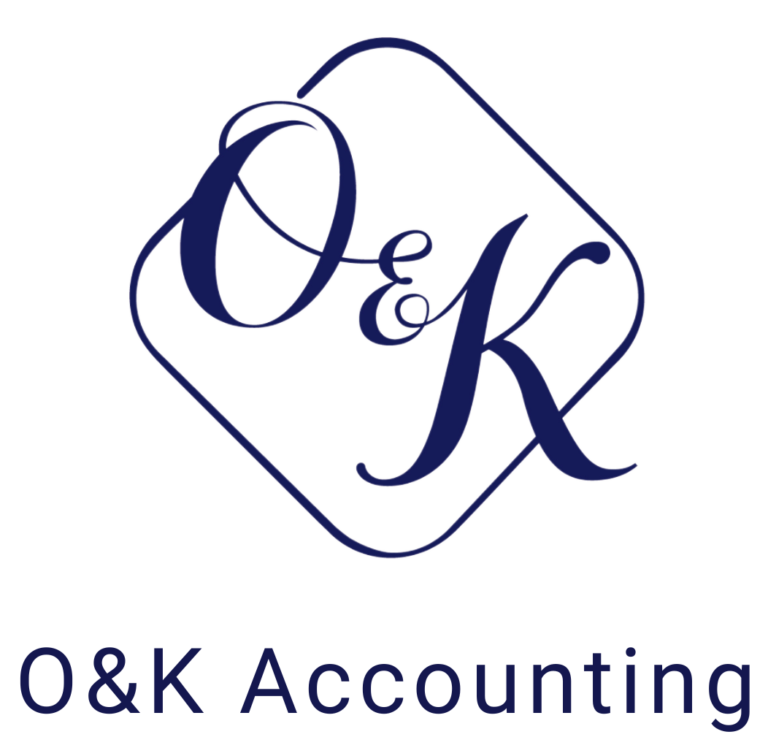Tax season can be daunting, but it also offers a valuable opportunity for business owners to optimize their finances through tax deductions. These deductions reduce your taxable income and can significantly lower the amount you owe. Understanding which expenses qualify is essential to maximizing your benefits and maintaining compliance. In this article, we’ll explore the top tax deductions every business owner should be aware of.
Understanding Tax Deductions
Tax deductions are specific expenses that the IRS allows businesses to subtract from their gross income, thereby reducing their taxable income. These deductions are designed to account for legitimate business expenses and to encourage reinvestment and growth. Proper documentation and accurate record-keeping are vital to claiming deductions without facing scrutiny during audits.

Home Office Deduction
If you use part of your home exclusively for business purposes, you may qualify for the home office deduction. This includes a portion of your rent or mortgage, utilities, and maintenance costs. To be eligible, the space must be used regularly and solely for conducting business activities. This is especially relevant in the era of remote work and small home-based businesses.
Business Vehicle Expenses
If you use a vehicle for business purposes, you can deduct either the actual expenses (such as gas, insurance, and maintenance) or use the standard mileage rate set annually by the IRS. Accurate mileage logs and receipts are essential to validate this deduction. This is one of the most overlooked tax deductions by small business owners.
Employee Salaries and Benefits
Wages paid to employees, along with benefits like health insurance, retirement contributions, and bonuses, are fully deductible. Business owners should ensure that employees are properly classified (as W-2 employees versus independent contractors) to remain compliant and avoid penalties.
Office Supplies and Equipment
Everyday office supplies—including paper, ink, software subscriptions, and furniture—qualify as tax-deductible expenses. Larger purchases like computers and printers may need to be depreciated over time, but they still contribute to reducing your tax bill through allowable tax deductions.
Professional Services
Fees paid to lawyers, accountants, consultants, and marketing agencies are deductible as long as the services are directly related to your business operations. Retaining these professionals not only helps manage your business effectively but also provides added value during tax season.
Rent and Utilities
Rent paid for office space, retail locations, or co-working facilities is deductible, along with utility bills such as electricity, water, and internet. These essential overhead costs are key contributors to lowering your taxable income and are among the most common tax deductions used by businesses.
Travel and Meal Expenses
Business-related travel, including airfare, lodging, transportation, and meals, can qualify for deductions. However, meals are only 50% deductible in most cases, and all expenses must be documented with receipts and a clear business purpose.
Insurance Premiums
Premiums paid for business insurance—including liability, property, and workers’ compensation—are fully deductible. This ensures your business is protected while also reducing taxable income.
Depreciation of Assets
When a business purchases long-term assets like buildings, vehicles, or machinery, those items can be depreciated over time. This means a portion of the asset’s cost is deducted each year, offering long-term tax benefits and helping balance the books.
Conclusion
Maximizing tax deductions requires diligence, smart financial planning, and a clear understanding of allowable business expenses. By leveraging these deductions effectively, business owners can minimize tax liability, improve cash flow, and reinvest savings into growth. Staying informed and working with a tax professional ensures you’re capturing every opportunity available under current tax laws.




